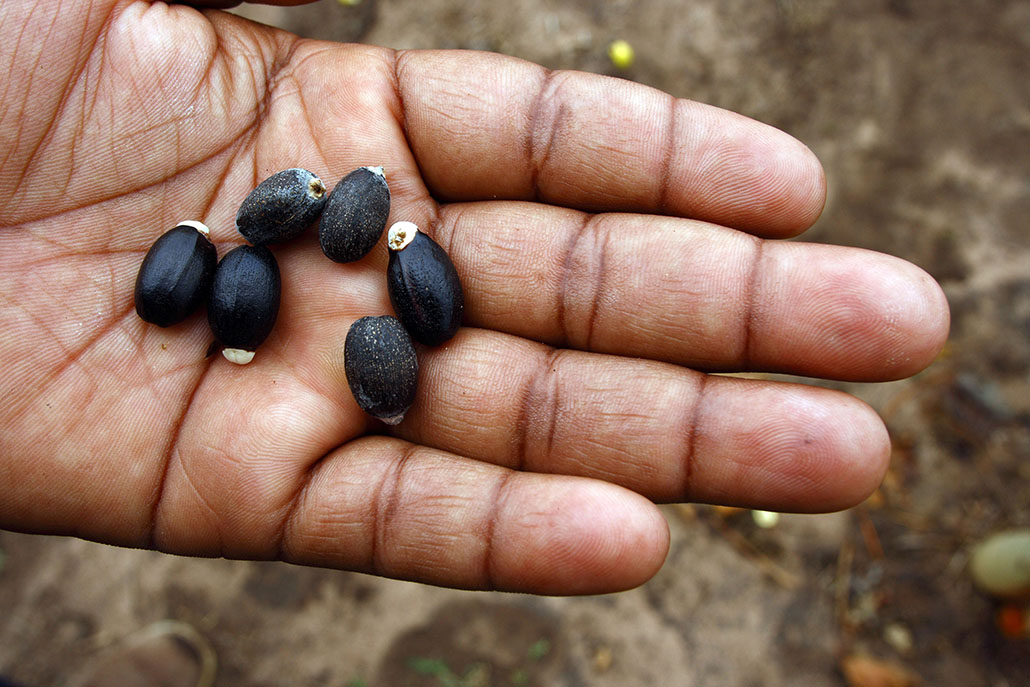Economic Benefits of Energy Efficiency in Developing Countries
Place: Global • Date: 2005 • Partner: World Bank
Project Summary
Three centuries since the onset of the industrial revolution have seen carbon fuel energy support living standards unimaginable to earlier generations. Because it is the source of over three quarters of global CO2 emissions, however, the same energy use now poses a serious challenge to economic sustainability and endangers even the modest progress made by the world’s poor majority (see Figure 1). Recognition of this has led some to see a necessary trade-off between growth and sustainability, but more dedicated study reveals suggests that innovation and changes in behavior can offer positive approaches. Energy efficiency is such solution, including a rapidly growing variety of enterprise and household technologies that could be widely adopted with the right mix of policy and market conditions.
The livelihood and growth dividends of EE suggest it should be evaluated for direct incorporation into national development strategies. This project will examine the economic potential of energy efficiency in four sample countries, Viet Nam, Senegal, Mongolia, and Brazil. If the results are consistent with findings in higher income countries, the policy implications could support a variety of core World Bank development agendas, including GHG mitigation and poverty reduction. It is envisioned that results from the case studies could inform a larger policy research agenda on small scale technology diffusion/adoption in developing countries. Included in this agenda would be individual national assessments, pilot projects for promoting adoption, and policy guidance. The latter would include, but not be limited to, recommendations regarding adoption incentives, micro-credit and other mechanisms to overcome market failures, and coordinated R&D for appropriate technology development.
As has been emphasized, energy efficiency in low income countries advances multiple development objectives. The most direct benefit is enhanced environmental sustainability via higher energy productivity (lower GHG emissions per dollar of real GDP). Secondly, countries with prior commitments to subsidize energy will improve their fiscal conditions and be able to dedicate scarce public resources to other priorities. Energy savings will also advance poverty reduction but increasing real household purchasing power, freeing resources for other essential expenditures in low income households where energy use is high relative to incomes. Efficiency will also have a partial “rebound” effect by making energy services less expensive and improving quality of life (e.g. refrigeration) and productivity (e.g. lighting). This reflects the essential nature of energy services and, judging from evidence elsewhere, will represent a fraction of the savings from efficiency improvements.
Improving energy efficiency offers both carbon mitigation and the possibility of reduced real costs for energy inputs that allows expansion of production possibilities for the economy. The International Energy Agency (IEA) estimates that energy efficiency improvements would contribute 44% of the total emission reductions required to maintain the global CO2 emissions 50% below 2005 level in 2050 (IEA, 2008). Moreover, many poor countries have higher real energy dependence per dollar of GDP per capita than countries with higher per-capita income, implying a greater direct welfare benefit from reduced energy costs.
Most Recent Entries

Low Carbon Biomass Conversion in the Sierra Nevada






